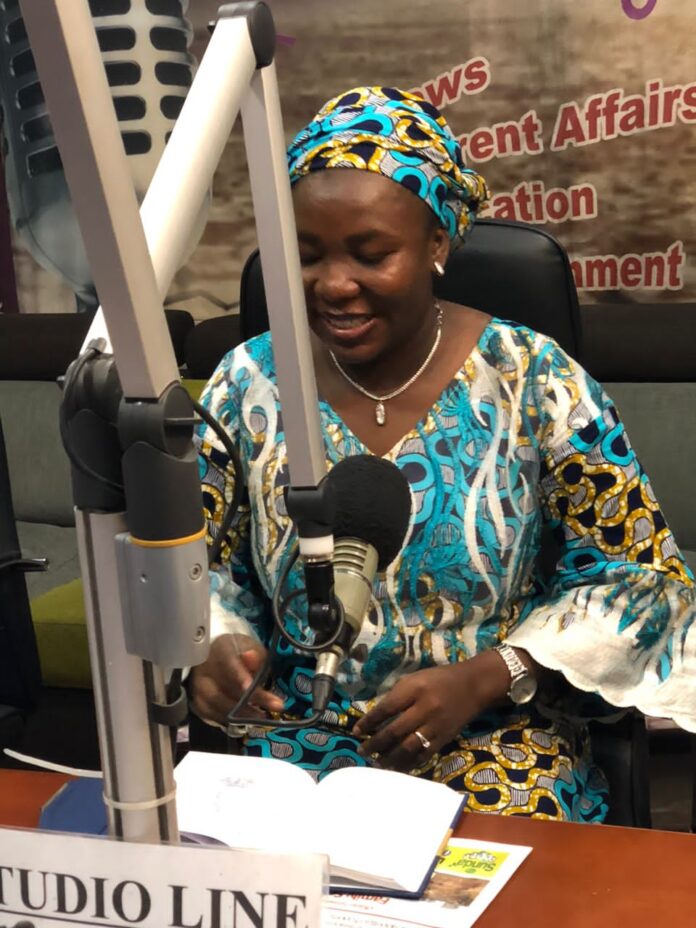The Deputy Information Minister, Fatimatu Abubakar, has responded to claims that Agenda 111 was overly ambitious and why Ghanaians feel it may not be completed by June 2024, as claimed by the government initially.
President Nana Addo Dankwa Akufo-Addo launched the Agenda 111 project on Tuesday, August 17, 2021, pledging to build 111 hospitals across the country.
During the commissioning of the project in Trede in the Ashanti Region, the President said, among other things, that the project would provide 20,000 jobs for health professionals when completed.
He said, “I am glad that the biggest ever investment in the nation’s healthcare is being made.” We met this morning because of the ravages of COVID-19, which have affected every country on the planet. “For us in Ghana, not only has the pandemic disrupted our daily lives, but it has also exposed the deficiencies in our healthcare system because of the years of underinvestment and neglect.”
Although the project was intended to be completed by 2024, the Chairman of the Health Committee in Parliament, Dr. Nana Ayew Afriyie, has disclosed that the government will not be able to complete all the hospitals under the “Agenda 111’ project by 2024.
A section of the public has also stated that Agenda 111 is overly ambitious and cannot be completed anytime soon.
Read Also: Child Labour report: We’ll take on Al Jazeera – COCOBOD
Speaking about this on Atinka FM’s morning show, AM Drive with Kaakyire Ofori Ayim, Fatimatu Abubakar noted that the project was intended to make up for the hospitals without district hospitals and even those with district hospitals, but does not meet the required standards.
She explained that all the hospitals listed under the project were equally important, noting the fact that some of the health facilities in the district were either overburdened due to the number of people who used them.
Aside from that, she also noticed that people had to travel a long way to access healthcare because there were no such hospitals in their districts.
“A hospital is more than just a structure.” Some people have bigger houses, but when they are sick, they will go to the hospital. It is about the infrastructure, but it is also about expertise and the people to take care of you. When you look at the demographics of these hospitals, ask about the doctor-patient ratio. “So the concentration of the population, maybe even if you join three rural districts, the people will not be up to the population of the Nima 441, so yes, they need the facility because there is sickness,” she said.
Fatimatu Abubakar continued, “If a hundred people in one district will go and sleep at a hospital, maybe a thousand can be sick in another district, Because of proximity, they should all go and sleep in one hospital.” Sometimes when you get sick and you go to the hospital, the people in the queue may be more than 2000. You can go there in the morning, and by the evening, you have not seen the doctor like we have in some of these centers, so if you are looking at the doctor-patient ratio or the nurse-patient ratio, they still need those facilities. “But I am saying that there are no lands, and so they are re-designing and engaging the communities.”
Ghana| Atinkaonline.com| Porcia Oforiwaa Ofori


























